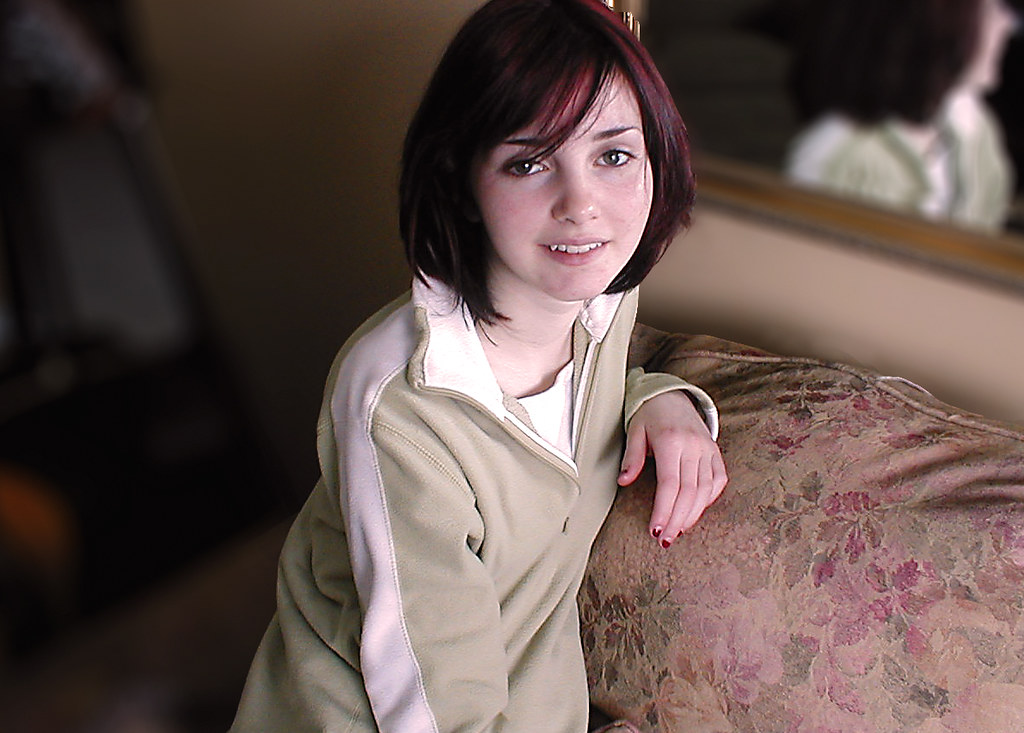Young teens (ages 12-14)

Millstones of development
It is a time of many physical, mental, emotional, and social changes. Hormones change as soon as puberty begins. Most guys grow facial and pubic hair and have a deeper tone. Most girls paint pubic hair and breasts and start their period. They worry about these changes and how others will see them. It's time to deal with peer pressure to have sex with your teenage alcohol, tobacco products, and drugs. Other challenges can include eating disorders, depression, and family problems. At this age, teenagers make more than their choice of friends, sports, study, and school. Although parents are still very important, they become more independent with their own personalities and interests.
Here is some information on how young people develop:
Emotional/social change
Children of this age may be:
- Pay more attention to body image, appearance, and clothing.
- Self note; Must be back and forth between high expectations and lack of confidence.
- Experience more mood.
- Show more interest and influence through the peer group.
- Express less affection for parents; Sometimes it looks rough or short.
- Stress with more challenging school work.
- Develops eating problems.
- Experience too much rief Kham or depression, which can lead to school, alcohol or drug use, unprotected sex, and other problems.
Thinking and learning
Children of this age may be:
- There is more potential for complex thinking.
- Be better at expressing feelings through conversation.
- Develop a strong awareness of right and wrong.
Positive parenting tips
Here are some things to look for when selecting yours:
- Be honest and direct with your teens when talking about sensitive topics such as drugs, alcohol, smoking, and sex.
- Meet and get to know your teenage friends.
- Take an interest in your teenage school life.
- Help your teens make healthier choices by encouraging them to make their own decisions.
- Respect your teenage views and remember their thoughts and feelings. She knows you are listening to her.
- When conflict arises, be clear about goals and expectations (such as getting good grades, keeping things clean and respectful), but allowing your teens to reach those goals (such as when and how to study or clean up).
Child safety first
You play an important role in keeping your child safe no matter how old they are. Here are some tips to help protect your baby:
- Make sure your teen knows about the importance of wearing a seatbelt. Motor vehicle accidents are the leading cause of death in children aged 12 to 14 years.
- Encourage your teenager to wear a helmet when riding a bike or skateboard or using inline skates; riding a motorcycle, snowmobile, or all-terrain vehicle; Or playing contact games. Injuries from sports and other activities are common.
- Talk to our teens about drugs, alcohol, smoking, and risky sex. Ask him what he knows and thinks about these issues and share his thoughts and feelings with him. Listen to her and answer her questions honestly and directly.
- Talk to your teenager about the importance of friends who are interested in positive activities. Encourage him to avoid peer pressure to make unhealthy choices.
- Find out where your teenager is and where the adults are. Plan with him when he will call you, where he will find him, and what time you expect him to be home.
- Set clear rules when your teen is alone. Talk about having friends at home, how to handle dangerous situations (emergencies, fire, drugs, sex, etc.), and doing homework or doing household chores.
Healthy body
- Encourage your teen to stay physically active. She can join a team sport or do individual play. Helping with household chores such as mowing the lawn, walking the dog, or washing the car will also keep your teens active.
- Lunchtime is very important for families. Eating together helps teens make a better choice about the foods they eat, promotes a healthy weight, and gives their family members time to talk to each other.
- Keep television sets away from your teen bedroom. Set limits for screen time, including cell phones, computers, video games, and other devices, and develop a family media plan. Eternal symbol
- Get the recommended sleep for your children every night: 13–18 years, 8–10 hours 24 hours for teens (including naps)


0 Comments